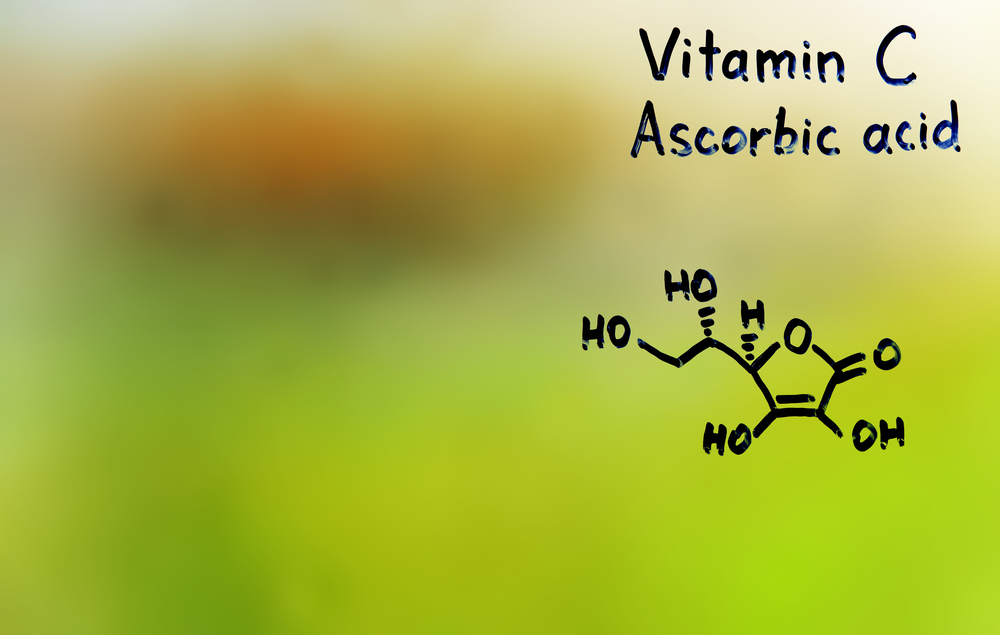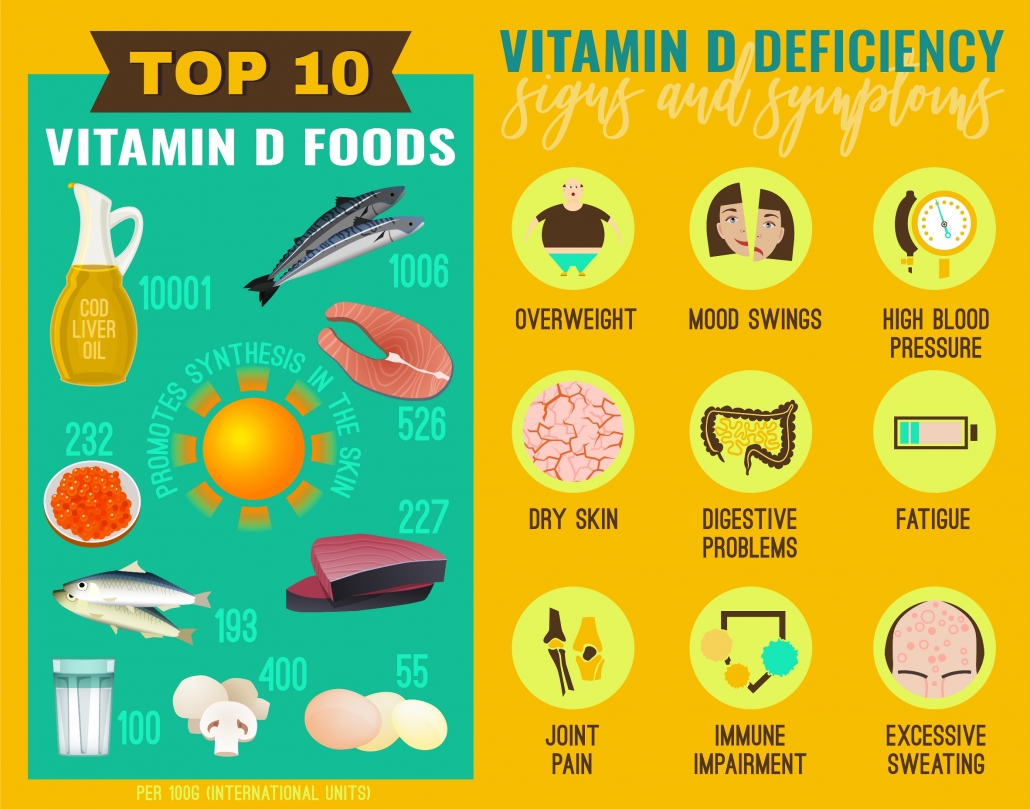Vitamins that should not be missed – Health, Longevity and Beauty Benefits!
Vitamins are important for many processes in our body including the process of gut and liver detoxification, neural tube development and DNA formation. The skin, the largest organ in the body is important as a defense mechanism and its health is a function of our immune system which includes what we put in our bodies. From ageing, acne, skin conditions such as eczema and even abrasive and ablative cosmetic procedures, and the condition of the skin including its protective barrier is very important. What can complicate maintaining healthy skin is that the formation of vitamins and any reaction in the body requires certain complex biochemical processes. Stress, environmental and genetic factors can cause these processes to break down at different points creating individual patterns and problems for that person. Oral supplementation could be helpful here in some cases to re-balance the body, helping promote health and longevity but what can we do for the skin?
We have seen improvement in people’s skin with a change of diet and nutritional support. It would suggest that eating plenty of fresh fruits and vegetables and getting the right nutrients into your system as well as avoiding those that irritate your gut will help keep your skin glowing, however, we do feel the skin can benefit greatly from the topical application of highly nutritious and carefully balanced skin care.
In this blog, we have included what each vitamin does to assist the body, the food in which it is found and how it helps the skin.
According to Mary Lupo, MD Clinical Professor of Dermatology at Tulane University School of Medicine, “The body delivers only a certain percentage of vitamins to your skin, no matter how much you ingest”. We believe there is much power in appropriate nutrition; however, we also believe that a bit of extra care externally can make a beautiful difference.
VITAMIN A is a fat soluble vitamin. It and its derivatives are used in skincare for rejuvenating properties. Vitamin A normalises keratinisation by regulating skin cell growth. It improves collagen density, improves skin elasticity, tone and texture thereby reducing lines and wrinkles while smoothing the skin. Vitamin A can heal damaged skin so is also useful in wound healing. Scaly skin and brittle nails can be a sign of Vitamin A deficiency. There have been many studies on Vitamin A and its derivatives, and anyone who wants younger looking skin should use a product containing one. These products should be used at night as sunlight inactivates most forms of Vitamin A. Prescriptive retinoids can be great but can be irritating causing redness, scaling and flaking that can last for weeks making it difficult for people with sensitive skin types to tolerate it, so it might be best to try lower dose formulations. Which is why we are pleased to hear about Bakuchiol (pronounced “back-uh-heel”), the new plant-based retinol alternative for people seeking gentler approaches to skin care! It is derived from an extract found in the seeds and leaves of the babchi, a plant native to India with both antioxidant and antimicrobial properties. This offers a possibility to pregnant women where over the counter or prescribed retinol is contraindicated (negative consequences possible). Watch this space for more information!
Body Works: Vitamin A could be called the breath nutrient, due to its healing abilities for respiratory illnesses. As it is a fat soluble vitamin, fat absorption problems due to gut, liver, gallbladder or autoimmune conditions can impede Vitamin A absorption. Vitamin A is beneficial for eye health, protection of mucous membranes and immune support especially with viruses. This research paper found lower serum levels were associated with a higher risk of mortality in stroke.
Food Sources: Sweet potato, carrots, spinach, broccoli, kale, apricots, mangoes, liver, butter and eggs.
Skin Works: Fine lines, wrinkles, dry skin, elasticity, sun damage, wound healing.

VITAMIN C is a water soluble vitamin and powerful antioxidant necessary for collagen synthesis. As we age collagen production slows down so supplementing our skin with an active form of Vitamin C at an adequate level will improve elasticity and reduce wrinkles. It is found in high levels in both the dermis and epidermis with ageing causing a decline here. As Vitamin C has also been shown to neutralise UV induced free radicals its application could create a significant improvement in fine lines and wrinkles associated with photoageing . Studies have also shown that Vitamin C reduces the production of melanin due to its action as a tyrosinase inhibiter thereby lightening of the skin. Biochemically, Vitamin C and E recycle each other, a beautiful synergistic relationship of antioxidant power so it is best to combine Vitamin E with C. Vitamin C could also be beneficial for wound healing and not only does C make collagen for the skin but for joints and intervertebral discs too. It is important to note that An article published in Indian Dermatology Online Journal states that, when applied topically, vitamin C can reverse the signs of photoageing such as pigmentation. In cultured skin cells, Vitamin C has shown to modulate redox-sensitive cell signalling thereby increasing the survival following UV exposure.
Body Works: Wound healing, anti-inflammatory, antioxidant, protects DNA, is an important element in the trans- sulphation pathway for the production of glutathione, the major gut and liver detoxifier, helps absorb iron and is required for adrenal hormones (so stress chews it up).
Food sources: Kakadu Plum is a native plant from the top end of Northern Australia and is considered a super food. It has been used amongst the indigenous population of that area for thousands of years as a source of food, as a healing remedy and as an antiseptic. One plum can contain close to 500mg of Vitamin C making it the richest source of Vitamin C in the world. Camu Camu from the Amazon is also another high source of Vitamin C. Citrus and tomatoes as well as fresh fruit and green leafy vegetables are other sources of lower content. Thyme and parsley also yield high levels of Vitamin C, so too does acai berry.
Skin Works: Elasticity, wrinkles, pigmentation including melasma, as a preventative for post inflammatory hyperpigmentation, sun damage, rosacea, photoprotection.
Be aware of toxic derivates such as ascorbyl palmitate. For more information on toxic skin care please read here.
VITAMIN E is a fat soluble vitamin that requires fat in the diet to be absorbed. Another potent anti – oxidant, Vitamin E is also an excellent moisturising and rejuvenating ingredient that protects and heals. Studies have shown Vitamin E reduces UV-induced cellular damage with clinical improvement in the visible signs of skin ageing documented with a significant reduction in wrinkle formation. Vitamin E can be beneficial for scars and acne and as an antioxidant, protecting against photo damage. The most biological active form is called alpha tocopherol.
Body Works: Protects against damage (antioxidant), required for sex hormones and immune cells, stabilises cell membranes, supports Vitamin D in the body and Vitamin C in the skin. Improves blood flow, improves dry hair, atopic dermatitis and hair loss.
Food sources: Nuts, spinach, avocado, rice, olive oil and other vegetable oils and fish (namely trout).
Skin Works: dry skin, scars, wrinkles, acne, wound healing
VITAMIN B3 Niacinamide, niacin or nicotinic acid is a very stable water soluble vitamin that is required for energy pathways and is used in cholesterol and fatty acid pathways. For the skin, it increases levels of ceramides and fatty acids, causing the strengthening of the skins protective outer layer. This, in turn, keeps moisture in, increasing the hydration of the skin improving its elasticity. B3 is also known to be beneficial for skin discolouration, and redness. Used at a level of 4% B3 has an anti-inflammatory action on acne with studies showing it to perform as well as some prescriptive medicine but without the risk of antibiotic resistance. B3 can be beneficial for a flushing/blushing response of rosacea as it inhibits the transfer of pigment to skin cells. A severe deficiency of B3 can lead to Pellagra, a condition of dermatitis diarrhoea and dementia.B3 is therefore essential for the health of the brain, nervous system, blood cells and skin.
Body Works: cholesterol breakdown, metabolism of fats, energy production, cartilage production and helpful for joint pain and degeneration, nervous system and brain health.
Food sources: Avocado, mushrooms, peanuts, liver, chicken, tuna, peas and whole grain cereals.
Skin Works: Dry and brittle skin, wrinkles, acne, pigmentation, redness, rosacea.
VITAMIN B5 or pantothenic acid and panthenol, a water soluble vitamin, has been used for years in hair care products namely due to its humectant (water attracting) activity improving the elasticity of hair. In skincare it is used for its moisturising, regenerating and softening effect. It supports adrenals and hormone function and therefore has often been found to be helpful in acne skin conditions. B5 is also known to reduce greying hair. The activated form of B5 is critical in the energy production pathways for cellular energy.
Body Works: Liver detoxification especially of chemicals, processes fats and carbohydrates, produces energy for cells (stamina), helps produce haemoglobin, and supports the immune system.
Food sources: Avocado, chicken, whole grains
Skin Works: Age spots, wrinkles, acne, dry skin, skin barrier protection.
VITAMIN K a fat soluble vitamin that has been shown to be effective in lightening dark areas under the eyes. K2 which is synthesised in the gut by bacteria (reinforcing how important it is to have good gut bacteria) helps blood vessels and the blood clotting response. When there are fragile capillaries, blood will seep into the skin under the eyes. Stretch marks, scars and spider veins are other areas where Vitamin K can help.
Body Works: required for blood clotting, prevents calcium deposits within the circulatory system, works with Vitamin D to help bone mineralisation, brain tissue repair, and good for vitality and glucose intolerance.
Food Sources: Cabbage, liver, kale, milk
Skin Works: blood related pigmentation, dark circles under the eyes, ageing and wrinkles, healing of bruises
VITAMIN D is actually considered a steroid hormone. It contains receptors in its cells and is synthesised in the body from the action of sunlight on the skin. The kidneys via parathyroid hormone, oestrogen, growth hormone, calcitonin and low calcium activate the D to D3 or covert it to calcitriol. Vitamin D deficiency seems to be a very common finding. Persons most at risk for vitamin D deficiency include those with inadequate sun exposure, limited oral intake, or impaired intestinal absorption. Application of sunscreen above Factor 8 at all times of sun exposure will prevent the conversion process. The sun is not necessarily enough for some including myself (a sun lover with olive skin). We can be Vitamin D deficient due to a genetic mutation with the Vitamin D receptor sites (VDR).
Research shows that vitamin D deficiency is strongly linked to acne most likely because this vitamin plays a big role in fighting infections. Vitamin D plays an important role as an antioxidant, in immune system function as well as a regulator of the proliferation and differentiation of sebocytes and keratinocytes. This process could help improve acne vulgaris from P. Acnes bacteria. The effect of vitamin D is not only calcium homeostasis, ıt is also important in the regulation of the immune system, cell growth, and cell differentiation.
Body Works: With Vitamin K for blood clotting and bone production, inhibits inflammatory processes including cancer, fights infections and protects the brain and nerve cells, atopic dermatitis.
Food Sources: Mushrooms, fish and eggs
Skin Works: psoriasis, acne

FOLIC ACID/B9- You are probably familiar with the importance of taking enough folic acid during pregnancy for a baby’s development. This is because folic acid is vital for the creation of new cells. But folic acid also plays an important role in skin health and appearance. A study published in the Journal of Cosmetic Dermatology found that topical application of a mixture containing folic acid and a type of amino acid called creatine improved the firmness of skin by boosting collagen synthesis.
Body Works: methylation (see video below), hair growth, gum health.
Food Sources: Green leafy vegetables, citrus, brussels sprouts, asparagus, peanuts.
Skin Works: skin firmness
For further information, watch this video by Dr Mark Hyman M.D on “Maximizing Methylation: The Key to Healthy Aging”. Here he explains in simple terms a very important biochemical process in our body that is involved in gut and liver detoxification pathways, DNA, hormones, neurotransmitters for mood, energy cycles and more. As well as acquired nutrition (nutrients from food), genetics can play a very important role here.
Applied Kinesiology can be helpful in assessing the body’s needs.
So, being good to your skin also means being good to your body. As one learned friend once said to me, “Garbage In means Garbage out”. Try not to avoid those leafy greens and look at non-toxic skin care full of beautiful nutrients to nourish your skin.
Certain nutrients act either antagonistically or synergistically with others. Please always receive advice from a health professional before self-supplementation. Be careful of your sources of food too. Many pesticides and poor soil quality could reduce the nutrient availability or content of your food.
Disclaimer The information contained in this site is general in nature and for informational purposes Read more…….





